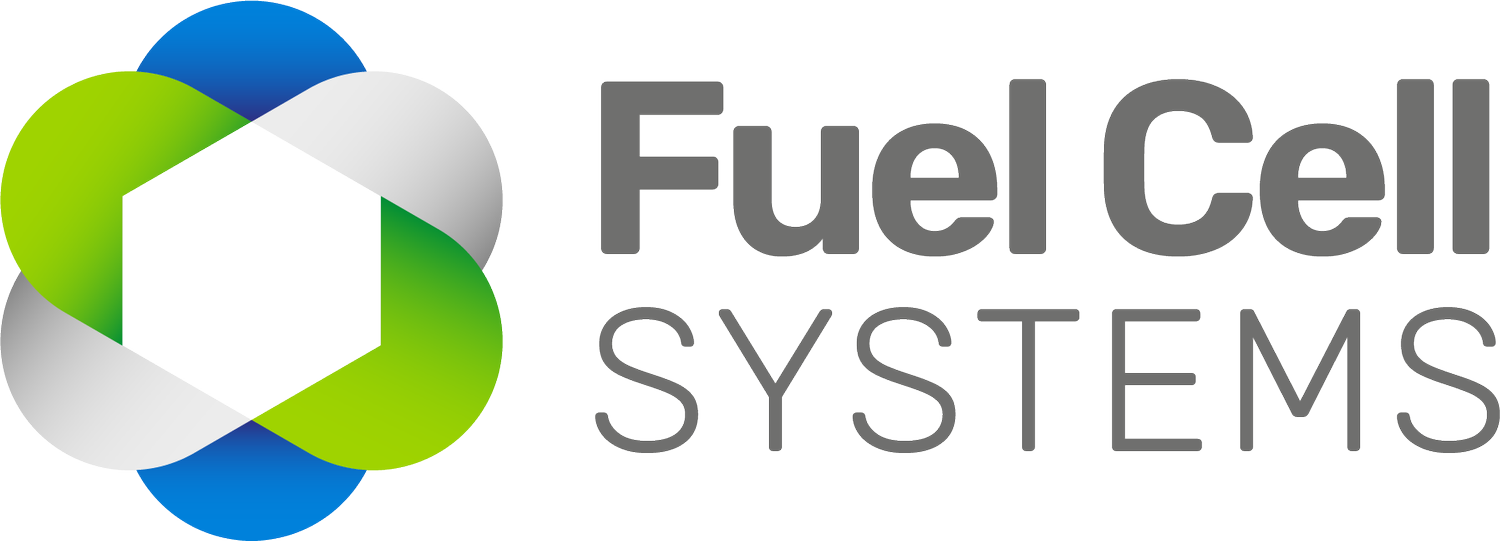Fuel Cell Systems assists in John O’Groats to Land’s End Trip by fuel cell powered Toyota Mirai
Fuel Cell Systems, has played a key role in the first John O’Groats to Land’s End journey made by a hydrogen fuel cell powered car. The Toyota Mirai travelled the length of the UK in 19 hours and 40 minutes, a total distance of 1108 miles at an average speed of 56mph. Fuel cell vehicles emit only water and are set to play an important role in carbon reduction on UK roads.
Organised by leading motor magazine Autocar, the trip not only showed the outstanding performance of the Toyota Mirai, but also highlighted the main challenge facing uptake of hydrogen fuelled vehicles – availability of the fuel itself. Hydrogen is used widely and safely in industry across the world but now with the introduction of fuel cell vehicles, a refuelling network is also required.
“Forward thinking manufacturers like Toyota have developed great fuel cell vehicles such as the Mirai, but take-up will depend on the availability of refuelling stations,” commented Tom Chicken, CTO at Fuel Cell Systems. “With this technology we have the opportunity to rethink how and where refuelling takes place. Innovative solutions such as our mobile refuelling system allows hydrogen fuel to be safely taken to customers when they need it, reducing the number of stations required whilst vehicle numbers are low and in future for national coverage.”
The Mirai’s first refuelling was in Aberdeen, a city at the forefront of using hydrogen to develop its local transport network. Next stop was Sunderland where it was filled by Fuel Cell Systems’ mobile refuelling truck – as no permanent refuelling option currently exists.
So the Mirai was on the road again with enough fuel to reach the next refuelling station in Rotherham. Unlike plug in electric vehicles, fuel cell vehicles can run for between 250 and 300 miles, more like the petrol and diesel vehicles we are used to. Additionally, hydrogen refuelling replicates the experience drivers are used to, but without the emissions. You fill the car in minutes via an easy to use nozzle.
Final refuelling was in Beaconsfield in Buckinghamshire, 276 miles from the Land’s End in Cornwall which was reached with fuel to spare. The total journey involved four stops, with a combined refuelling time of 15 minutes and a fuel bill of £193 (17.9p per mile).
With the introduction of fuel cell technology comes the opportunity to rethink how transport needs can be met and supported. Fuel Cell Systems is developing a spectrum of advanced hydrogen refuelling solutions to meet this challenge. The mobile hydrogen refuelling truck is the first of these providing both fuelling on demand at a customer’s location of choice as well as addressing the short-term lack of hydrogen fuelling stations.Fuel Cell Systems has also developed a mini hydrogen dispenser, known as HySerVe, to act as a “hydrogen jerry can” and provide an emergency fill of fuel. This can usefully be fitted to breakdown recovery vehicles to get drivers quickly back on the road.
Jon Hunt, Toyota’s Manager, Alternative Fuels commented “The success of hydrogen powered cars relies in part on the availability of refuelling stations and we welcome the practical steps being taken by Fuel Cell Systems to assist in this key area”



